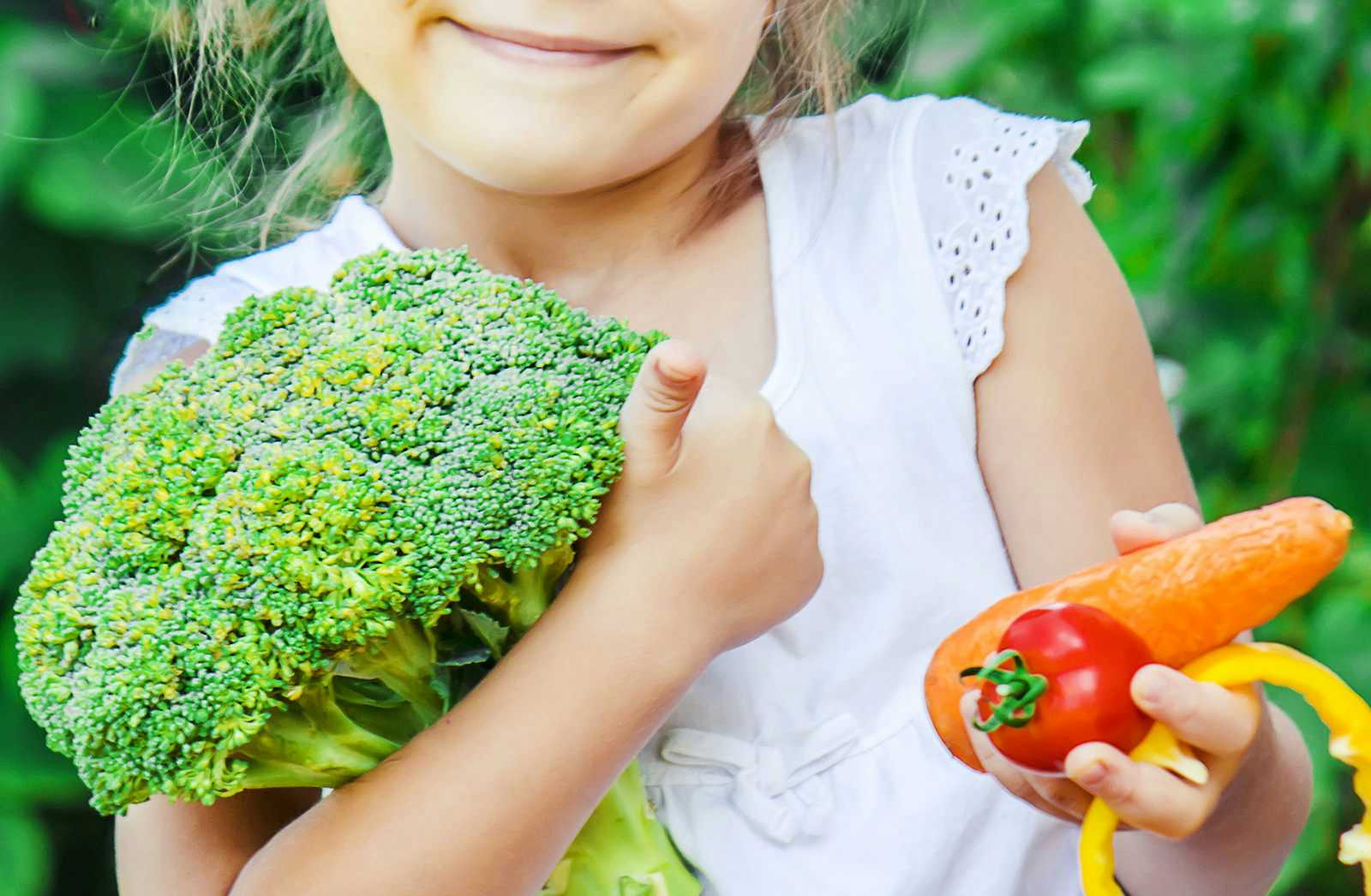
Your mother and possibly your grandmother probably told you to eat your vegetables. But did they tell you to relish colorful veggies most? We now have more information on their benefits and exactly how they help control blood pressure.
Gut Microbes Get into the Act:
Scientists have established that people who eat lots of vegetables and fruits tend to have lower blood pressure. Now researchers can tell us why. The plant compounds called flavonoids, abundant in colorful veggies and fruits, encourage the development of healthy gut microbes. These microscopic inhabitants of the digestive tract are responsible for breaking down the flavonoids in the foods we eat. The metabolites they produce have cardioprotective effects in our bodies.
Scientists studied more than 900 adults in Northern Germany (Hypertension, Sept. 2021). Those who consumed the most flavonoids from berries and red wine had lower systolic blood pressure. People with more Parabacteroides in their microbiome had higher systolic blood pressure. Those consuming plenty of flavonoids in foods like berries, apples, pears and red wine had the greatest diversity of gut microbiota and lower systolic blood pressure. Approximately 15 percent of the blood pressure benefit from a high-flavonoid diet is explained by the participants’ gut microbiomes.
What’s the Story on Colorful Veggies and Fruits?
Earlier studies also support a diet rich in vegetables, fruits and berries. Scientists followed more than 56,000 adult Danes for 23 years (Nature Communications, Aug. 13, 2019). The people whose usual diet had the most flavonoids from colorful veggies fared best.
These individuals were 15% less likely to suffer cardiovascular complications. In addition, their risk of cancer was 20% lower. Moreover, the chance that high-flavonoid consumers would die during the study was 17% lower. The researchers found that people reached their maximum benefit at about 500 mg of flavonoids a day. However, people with significant risk factors–smokers and heavy drinkers–got the most bang for their buck from eating lots of colorful veggies.
Are Danes Unique in Their Response to Flavonoids?
This study from Denmark is not the first to find benefit from a flavonoid-rich diet. A study of more than 2,300 older adults in Australia focused on diet and eye health (Clinical Nutrition, Jan. 17, 2019). When investigators analyzed who died during the 14 years of follow-up, they found that those eating more flavonoid-rich foods were more likely to survive. The link was strongest for those at risk for premature death, such as people who smoked, drank heavily, were obese or did not exercise. Australians got some of their important flavonoid compounds from apples and tea rather than colorful veggies.
Not surprisingly, Americans also do better with flavonoid-rich diets (British Journal of Nutrition, May 2017). More than 93,000 young and middle-aged professional women participated in the Nurses’ Health Study II. During the follow-up period, women who frequently drank red wine or tea and ate peppers, blueberries and strawberries were least likely to die.
Some of the benefits from colorful veggies might be due to the blood-pressure lowering effect of the flavonoids they contain. In addition, flavonoids are known to protect the intestinal lining and help regulate the immune system of the digestive tract (Molecular Aspects of Medicine, June 2018).
Which Colorful Veggies Are Rich in Flavonoids?
Foods rich in flavonoids include red, blue and purple berries, fruits, onions, scallions, kale, broccoli, red and purple grapes, tea, chocolate, cocoa, radishes, red wine, pistachios and pecans. Herbs like parsley and thyme and spices such as chili peppers and cinnamon are also rich in flavonoids, although we usually eat only small quantities. (Source: Linus Pauling Institute)
Some foods that are not well known in the US, such as black currants, are especially rich in flavonoids (Journal of Food Science, Aug. 27, 2019). Perhaps Americans will value such foods more highly as they learn about the benefits of colorful veggies and fruits.
Vegetarians Have Lower Blood Pressure:
A meta-analysis of 7 clinical trials and 32 epidemiological studies found that a vegetarian diet is associated with lower blood pressure (JAMA Internal Medicine, online, Feb. 24, 2014). Participants following vegetarian diets in controlled trials experienced nearly a five point reduction in systolic blood pressure and over two points in diastolic blood pressure. Observational studies showed that vegetarians had systolic blood pressures almost seven points lower than omnivores. The investigators concluded that vegetarian diets might offer a non-drug way to help control blood pressure.
This research is not surprising, given the excellent research that had already been done on a diet rich in vegetables and fruits, the DASH diet. It seems logical that a nutritious vegetarian diet would also have plenty of healthful, colorful veggies and offer blood pressure benefits.

